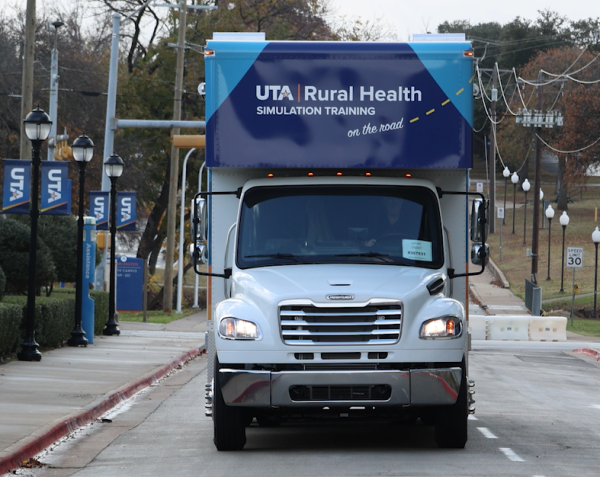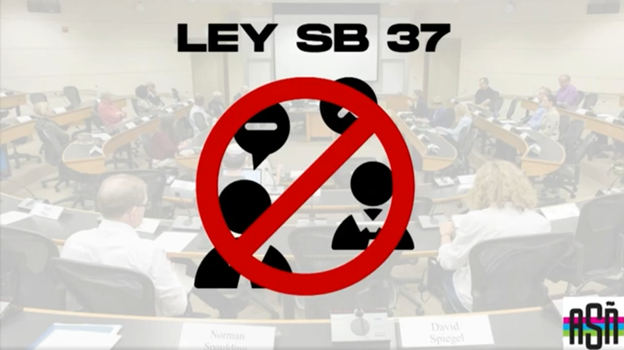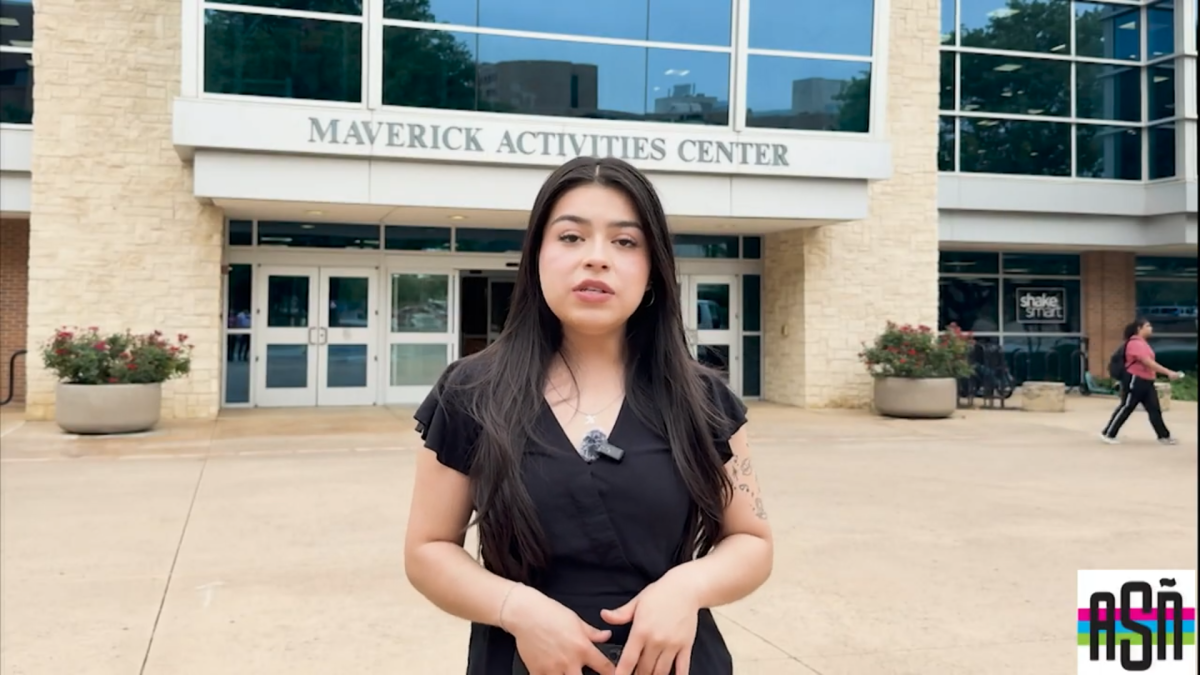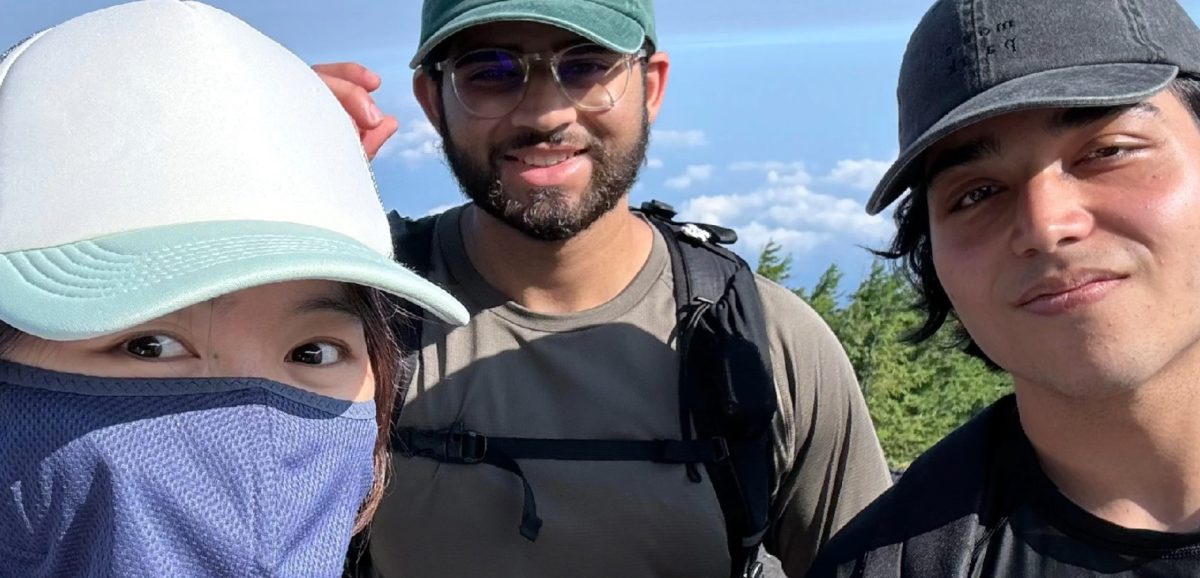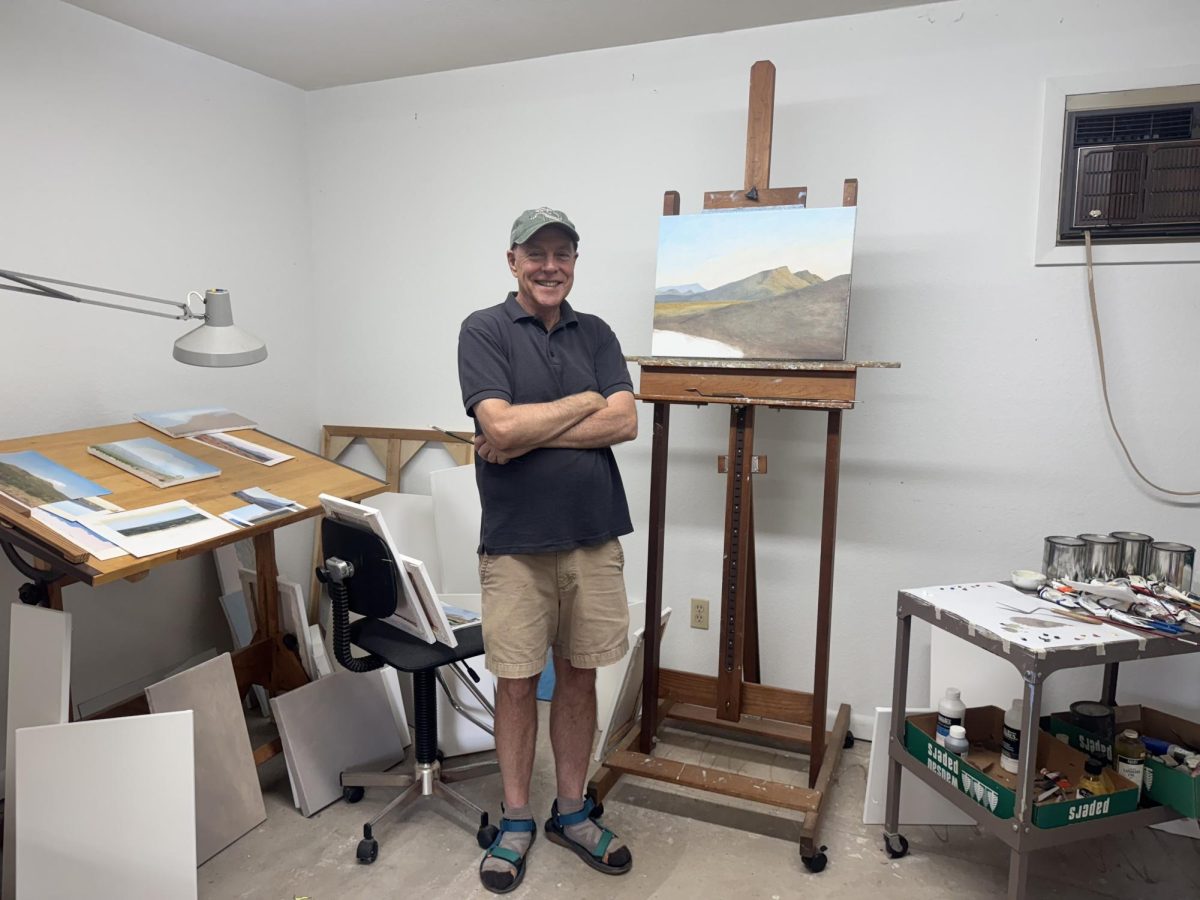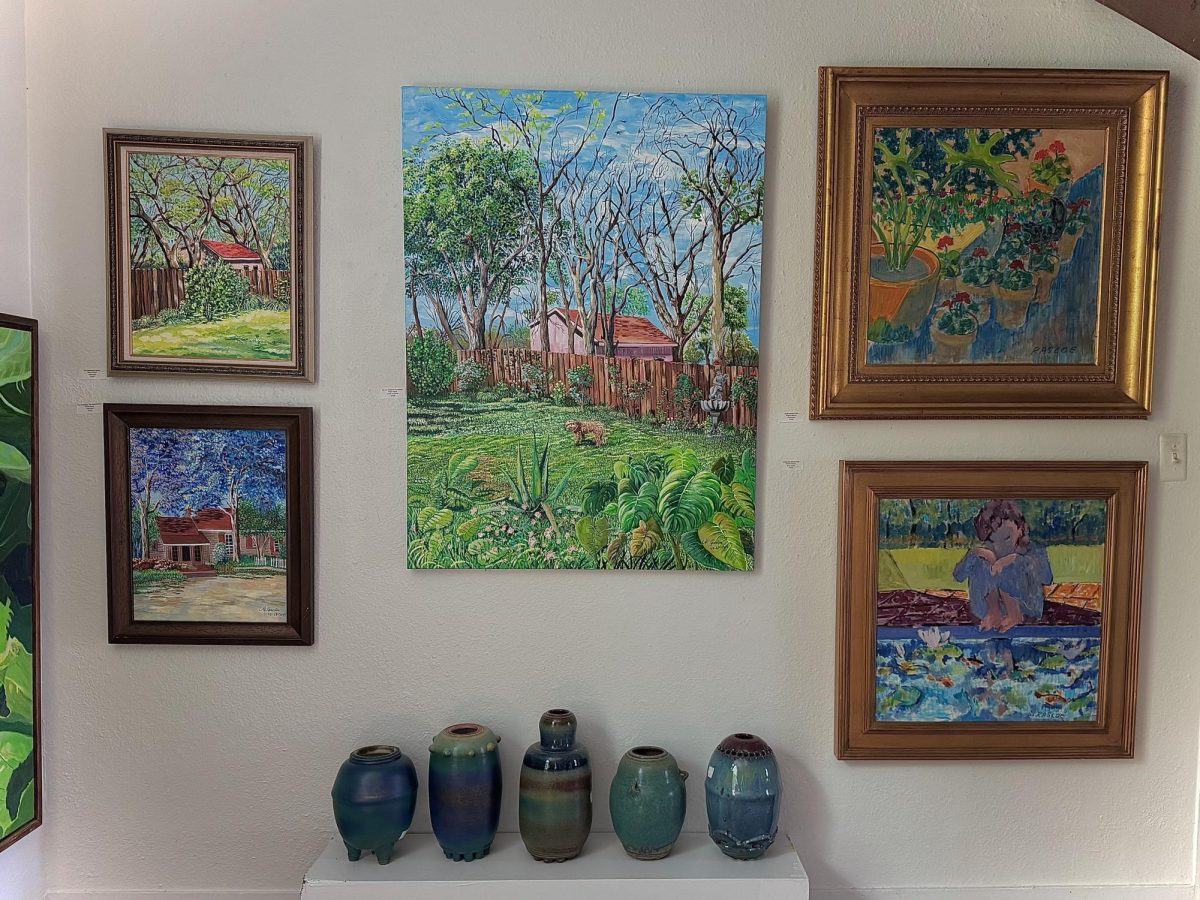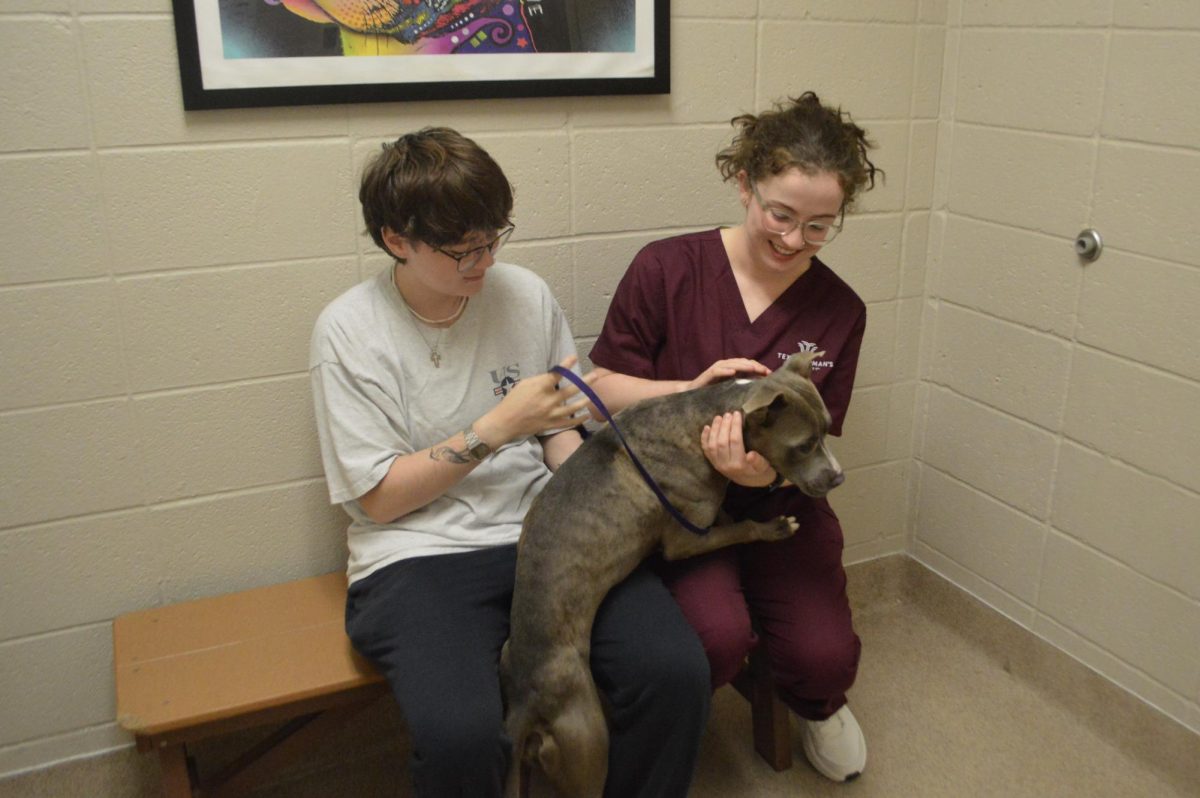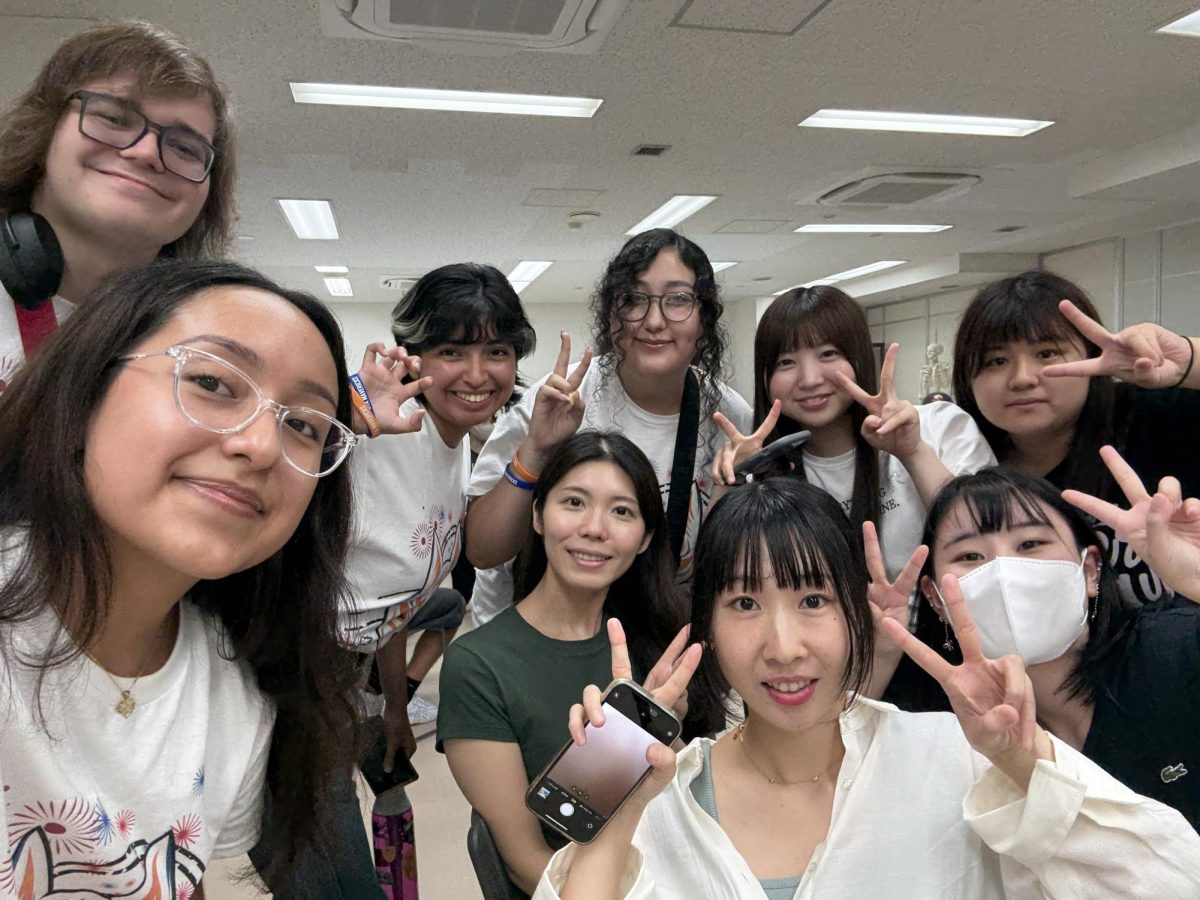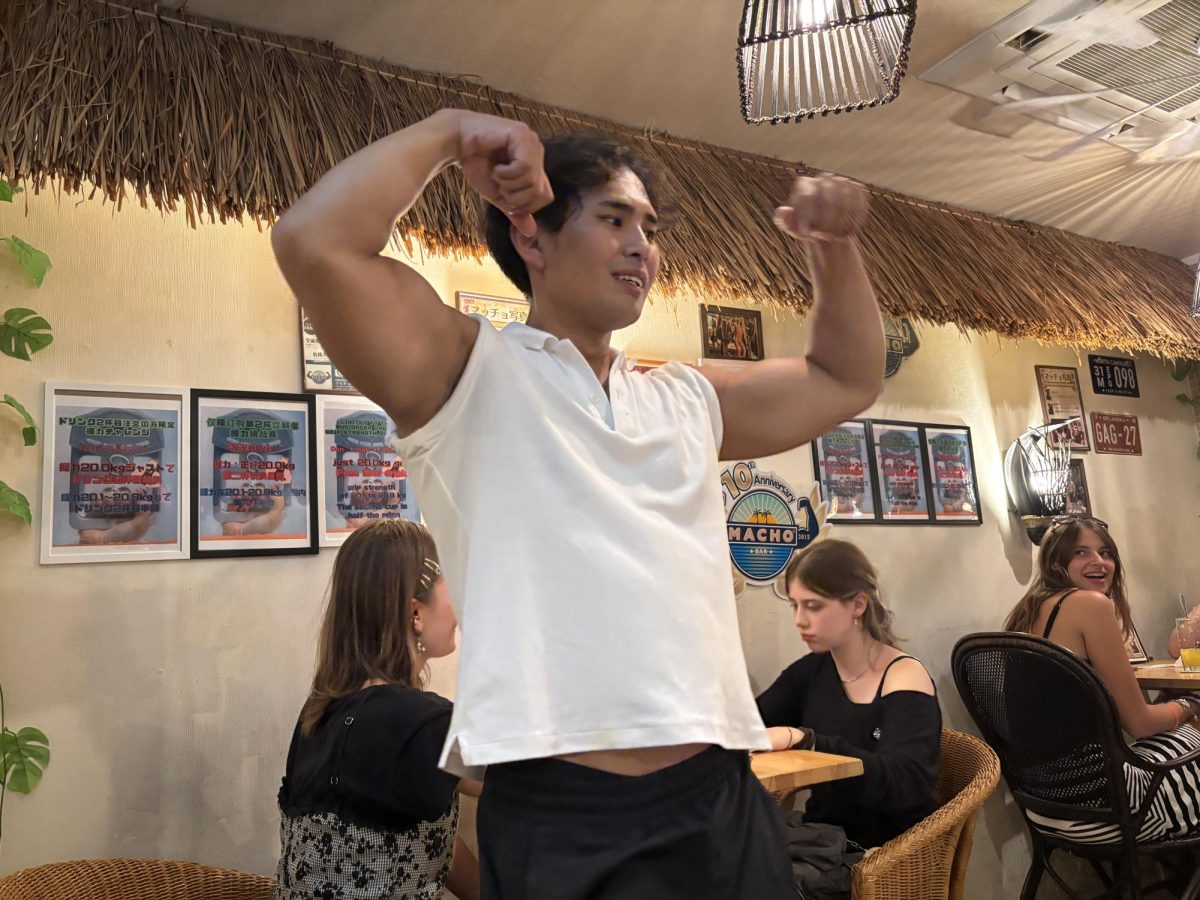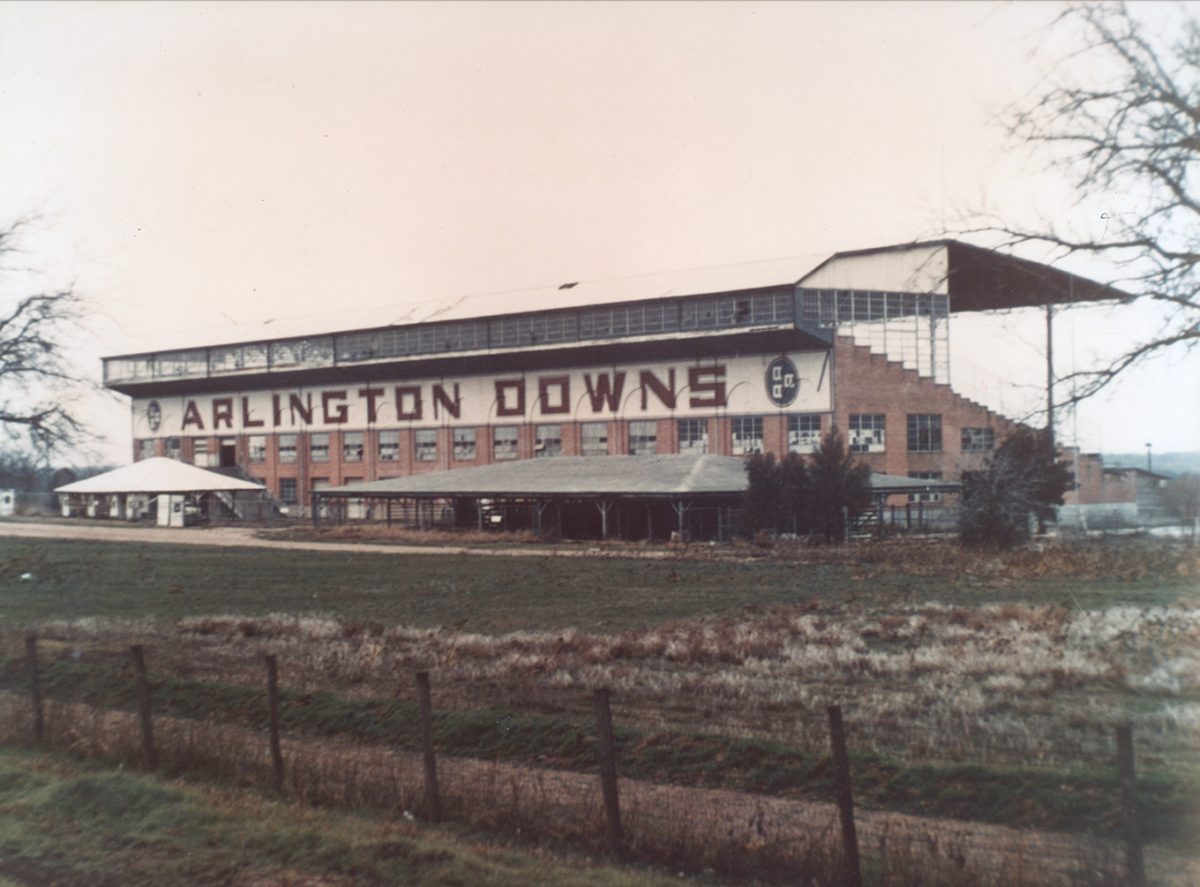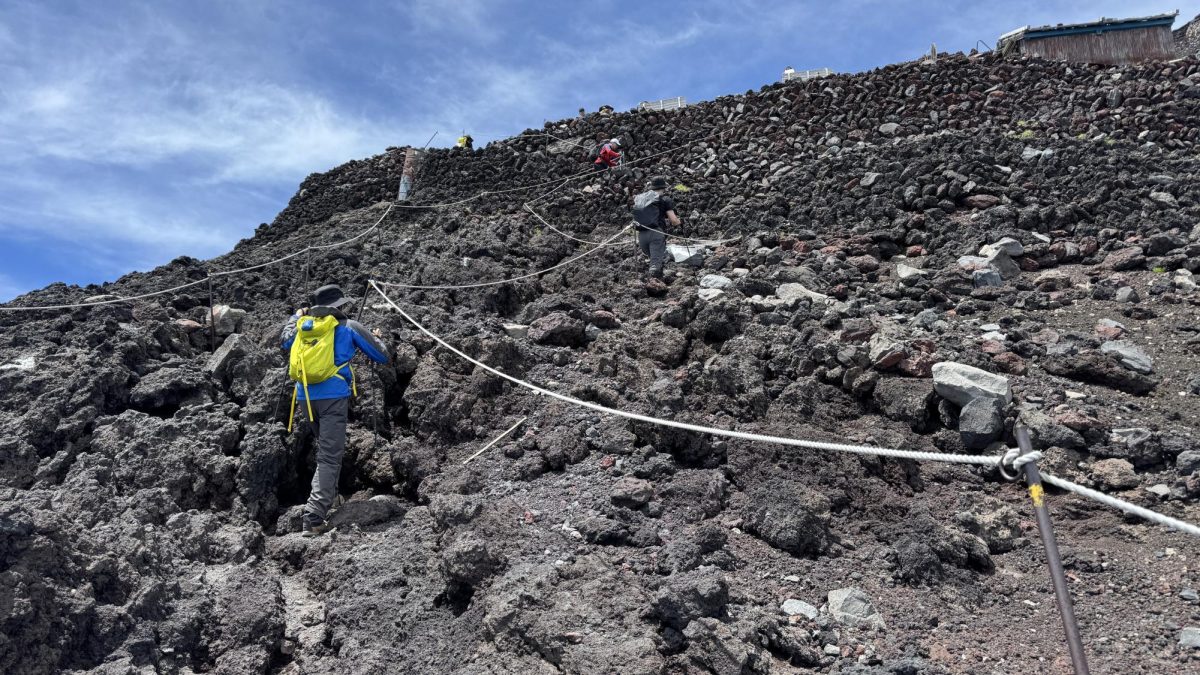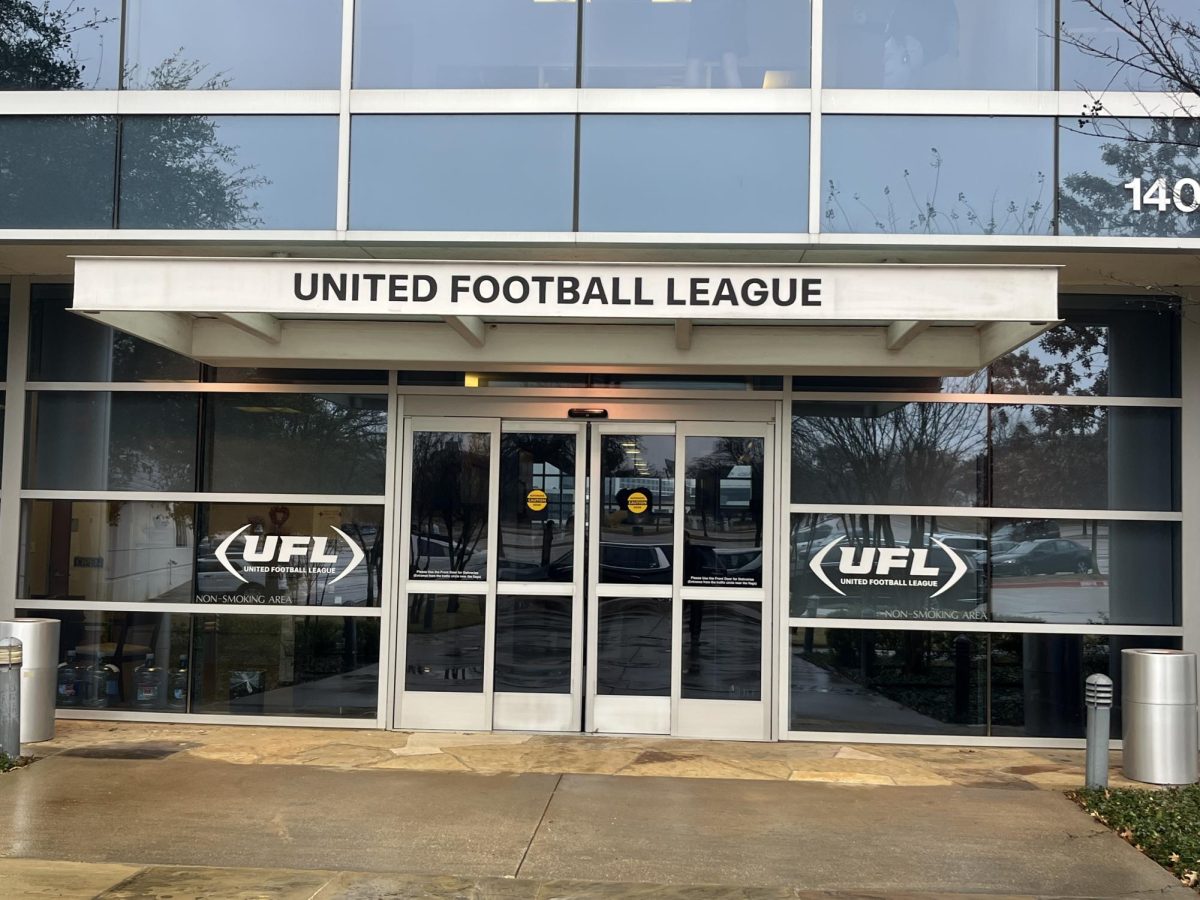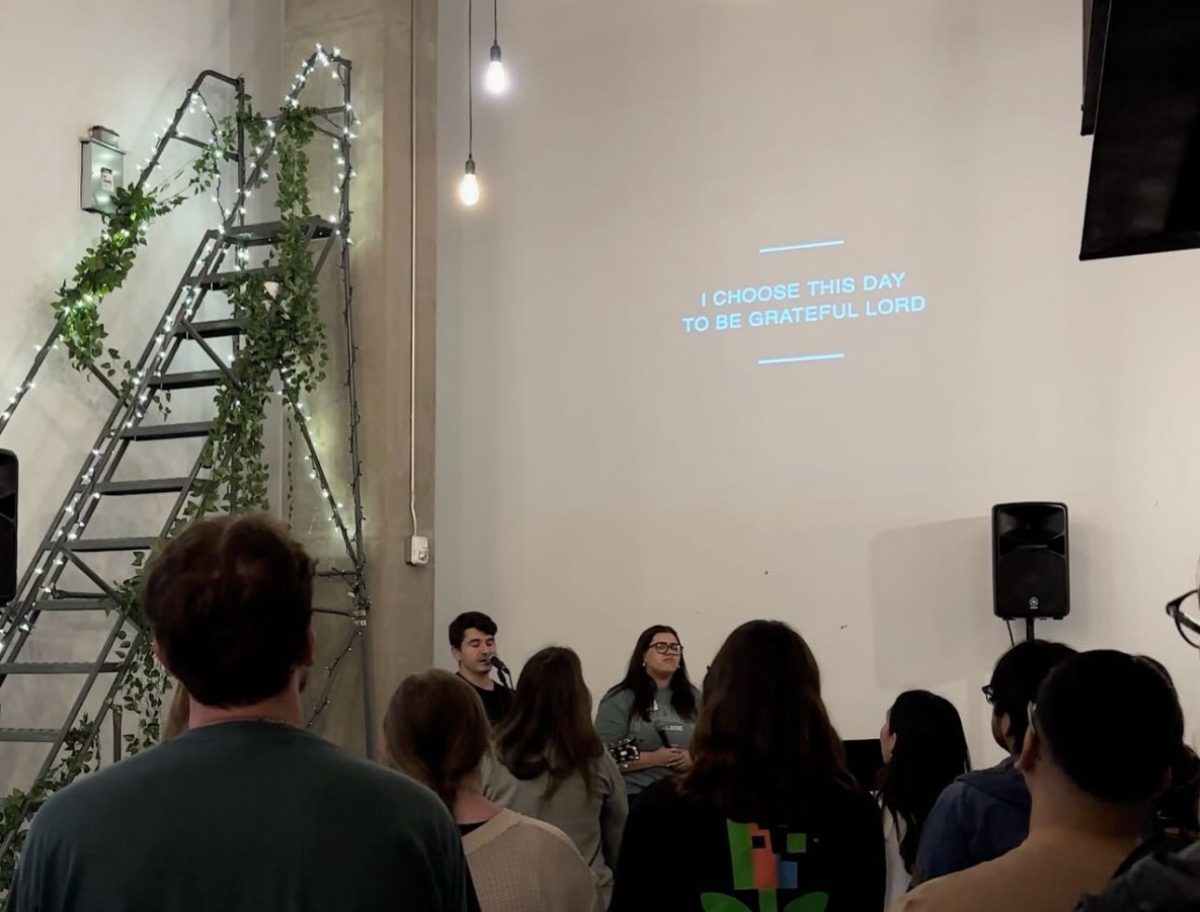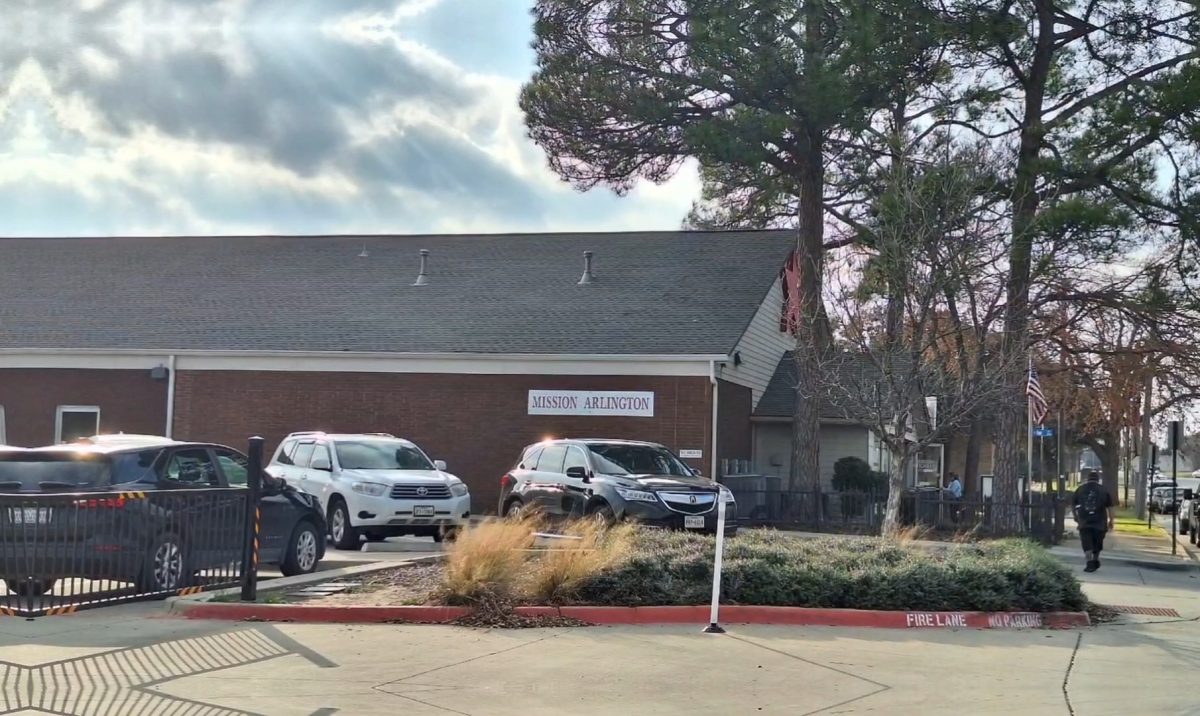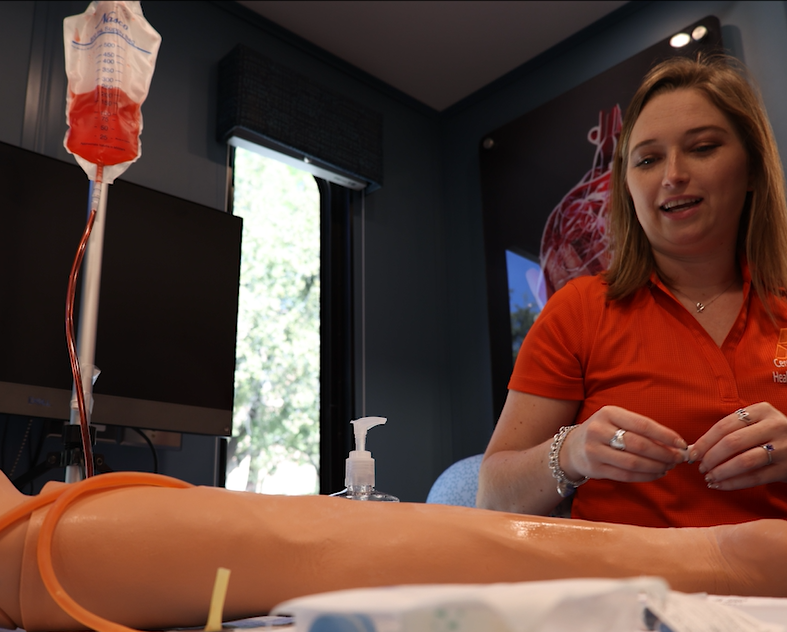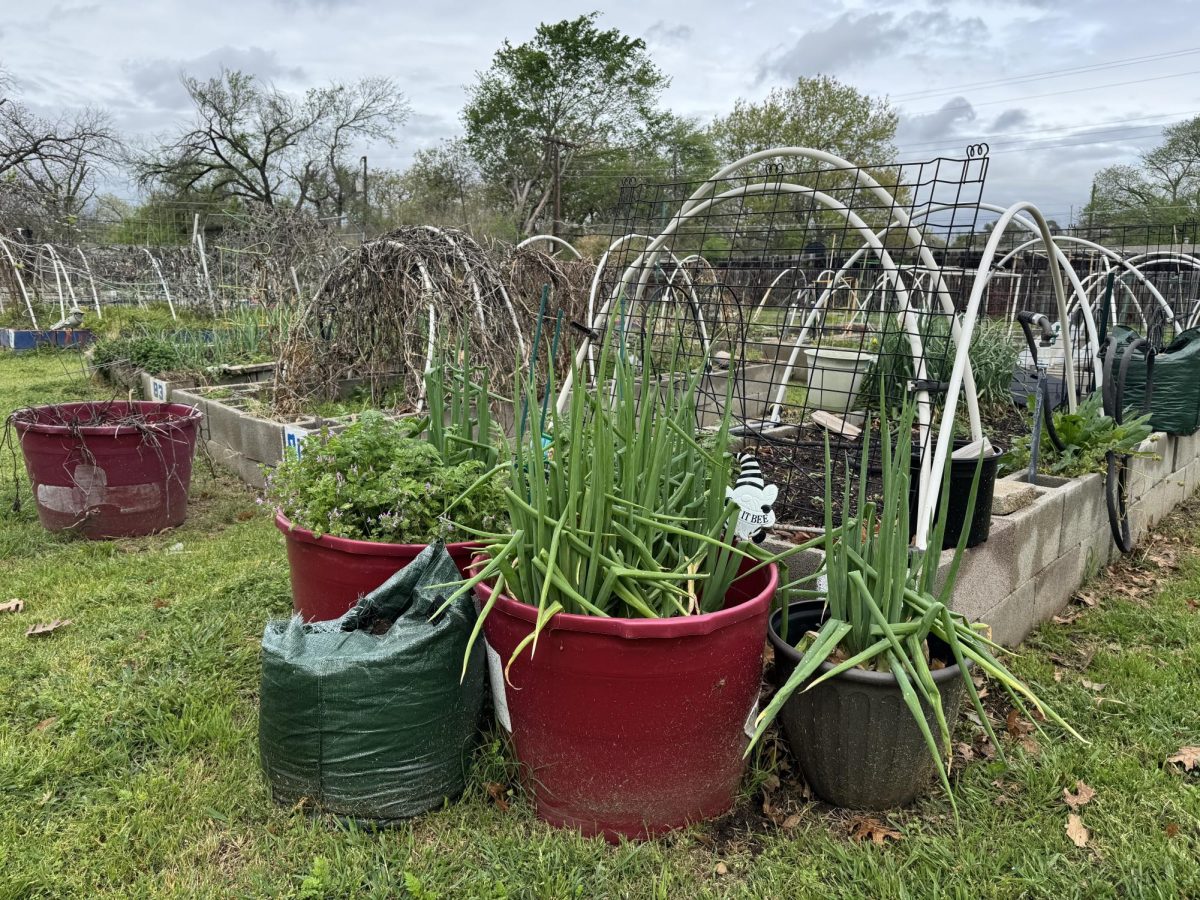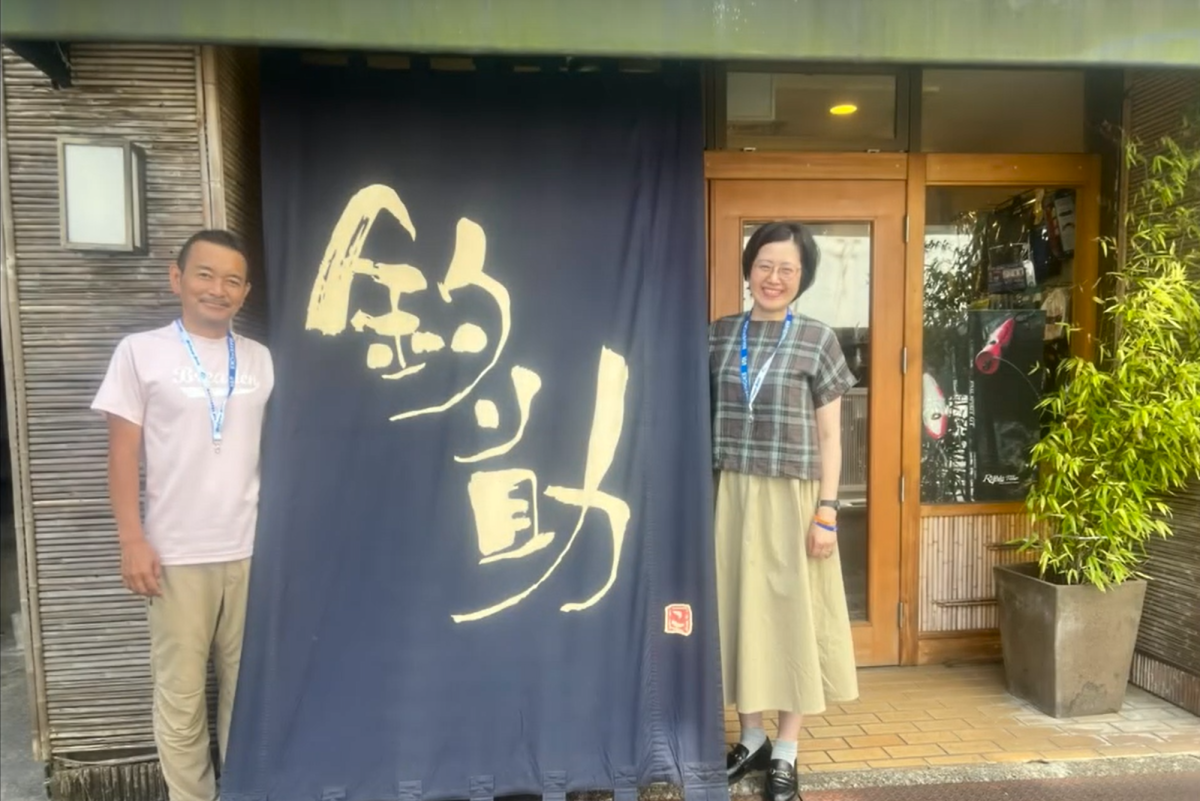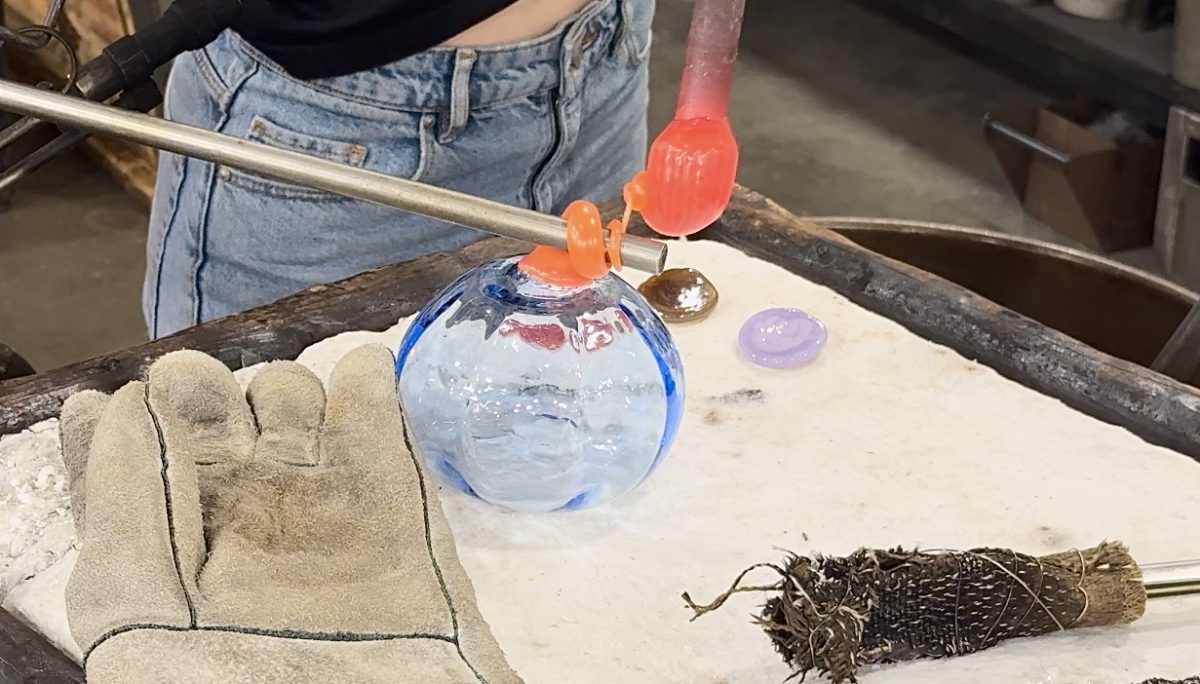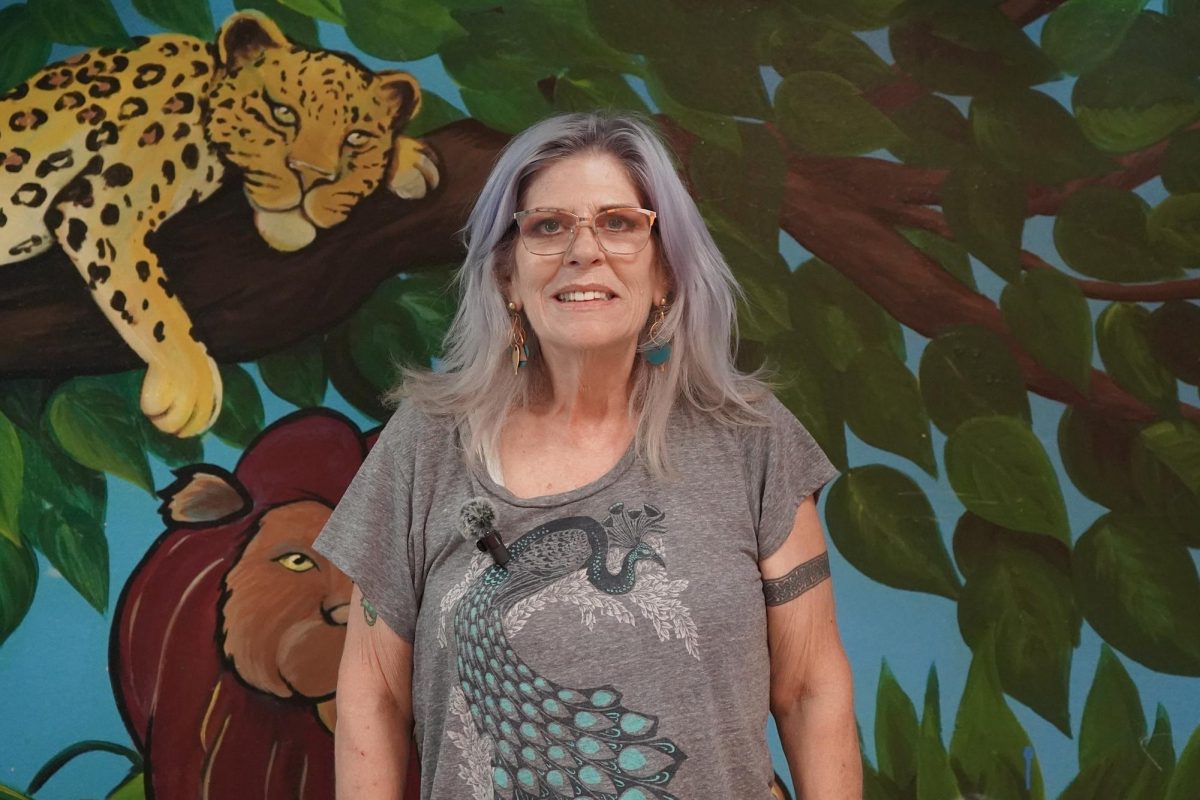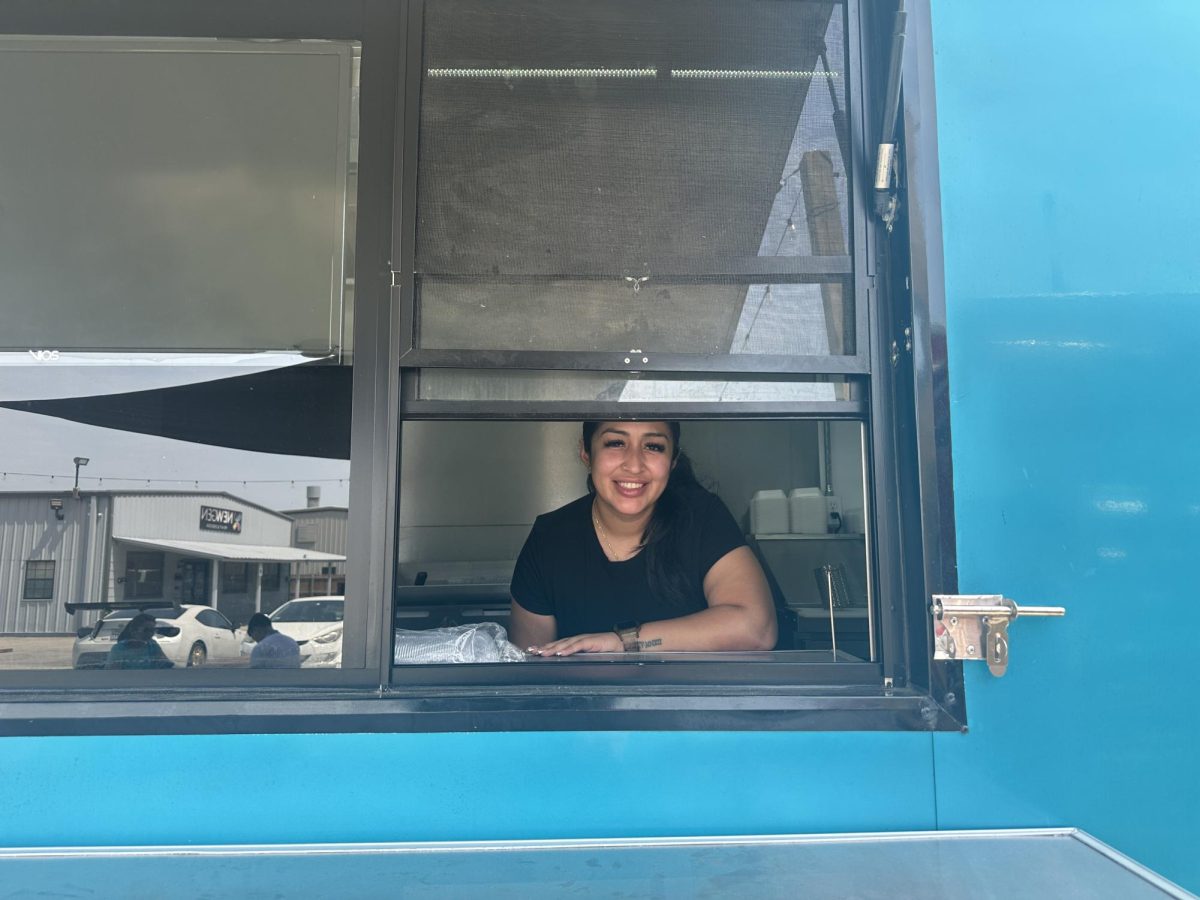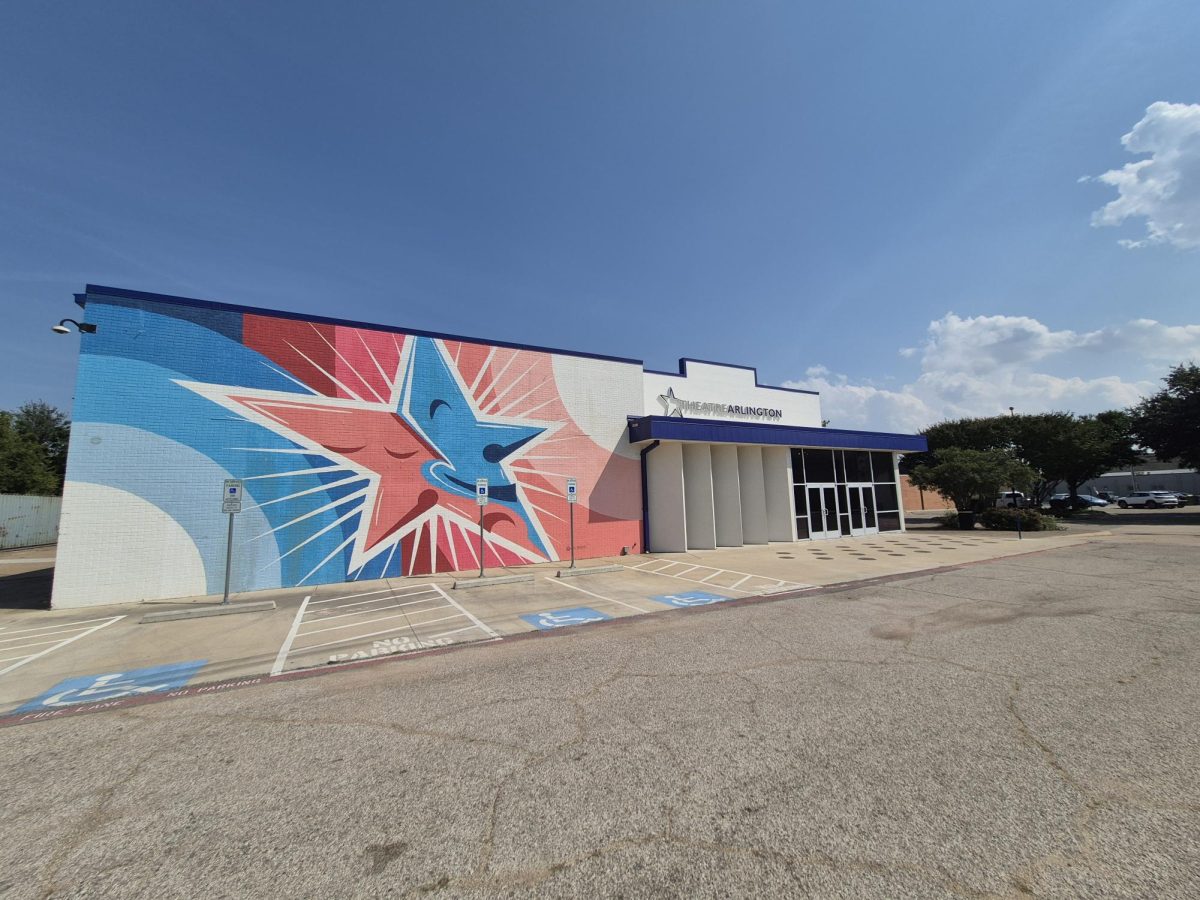ARLINGTON, Texas—A groundbreaking initiative aimed at improving healthcare in underserved rural communities is taking shape at the University of Texas at Arlington.
The newly launched Mobile Simulation Lab is set to bring state-of-the-art medical training directly to those who need it the most—rural healthcare providers. This mobile unit, scheduled for its official opening on March 28, is the result of a collaborative effort between UTA’s College of Nursing and the university’s Center for Rural Health and Nursing.
“Rural communities are really unique in the type of healthcare situations that you see,” Aspen Drude, rural health center manager, said. “It’s not going to be like your normal stuff that you’re going to see in an urban area. You’re going to see a lot more farming accidents and stuff like that in rural communities.”
The origins of the project trace back nearly three years to when Drude and Jenny Roye, Assistant Dean of SMART Hospital and Stimulation, discussed ways to enhance healthcare education in rural Texas. Drude said the mobile simulation unit aligns with the Center’s mission to increase access to high-quality healthcare in underserved areas by building sustainable partnerships.
The lab will be fitted with cutting-edge technologies, including virtual reality headsets, task trainers for medical procedures like IV placements and a range of medical mannequins that simulate real-life scenarios, such as childbirth complications and common health conditions.
One such innovation is “Mama Anne,” a labor and delivery mannequin that can simulate emergency scenarios like postpartum hemorrhage or shoulder dystocia, which occurs when a baby’s shoulders get stuck in the pelvis during birth, Roye said. With an emphasis on hands-on learning, the lab aims to bridge the gap in healthcare training that exists in many rural areas.
Drude said UTA’s leadership and faculty have shown strong support for the initiative, recognizing its potential to make a tangible difference in rural healthcare.
“Our hope is that this initiative will inspire other faculty and researchers to explore the healthcare challenges in rural areas,” Drude said.
The Mobile Simulation Lab is not just about education but also about research. The team plans to assess the effectiveness of the training through pre- and post-test surveys, helping to understand the long-term impact of their programs.
“One of our research goals is to see if these rural healthcare providers retain the information and are able to apply it in real-world scenarios,” Roye said.
The primary focus of the lab’s educational efforts is tackling Texas’ disparity in maternal and neonatal morbidity and mortality, Roye said. Rural areas have a significantly higher incidence of obstetric emergencies, and many rural healthcare providers lack the training to manage them effectively.
“We’re not just teaching skills—we’re saving lives, specifically the lives of mommas and babies,” Roye said.
Roye said accessibility is also a central consideration for the project.
The mobile unit is fully ADA-compliant, featuring a lift for wheelchair access, and closed-captioning is available on the VR platform to ensure the training is inclusive for everyone. These efforts to prioritize accessibility help ensure that rural healthcare providers, no matter their needs, can benefit from the training.
Roye said she hopes that this is the first of many units they have, adding that they are not inexpensive, making funding a significant challenge.
“ If we can show that it makes an impact in the community, then I think that funding might be a little bit easier,” Roye said. “We just got to show that it works and that it saves lives.”
In an email, research assistant Caroline King said that funding plays a crucial role in advancing the lab’s mission and is actively contributing valuable insights into how simulation-based education can benefit rural healthcare providers.
“My role involves explaining how simulation-based education for rural nurses could improve healthcare outcomes for patients facing high-acuity, low-occurrence health events,” King said.
As she progresses with her research, King said she is also shaping her career path. She said she aspires to work in a rural-serving healthcare facility someday.
King has also developed two poster presentations that explain the need for simulation-based education for nurses to triage patients with obstetric emergencies and traumatic limb injuries.
King said her work helps to build a case for why simulation-based education is essential for rural healthcare workers.
“I think that [mobile simulations labs] can improve patient outcomes and increase health care workers’ confidence and competence,” King said.
King said she hopes that her work will foster an expansion of mobile simulation labs.
“I hope my research is just one of many references used to advocate for increasing the implementation of Mobile Stimulation Health Lab,” King said.
